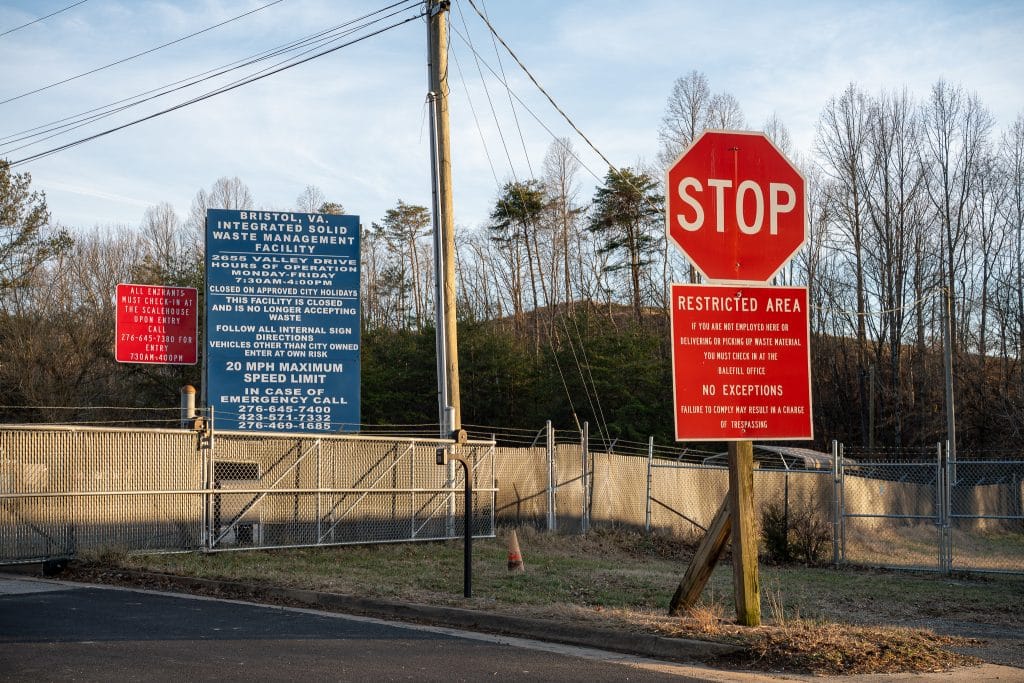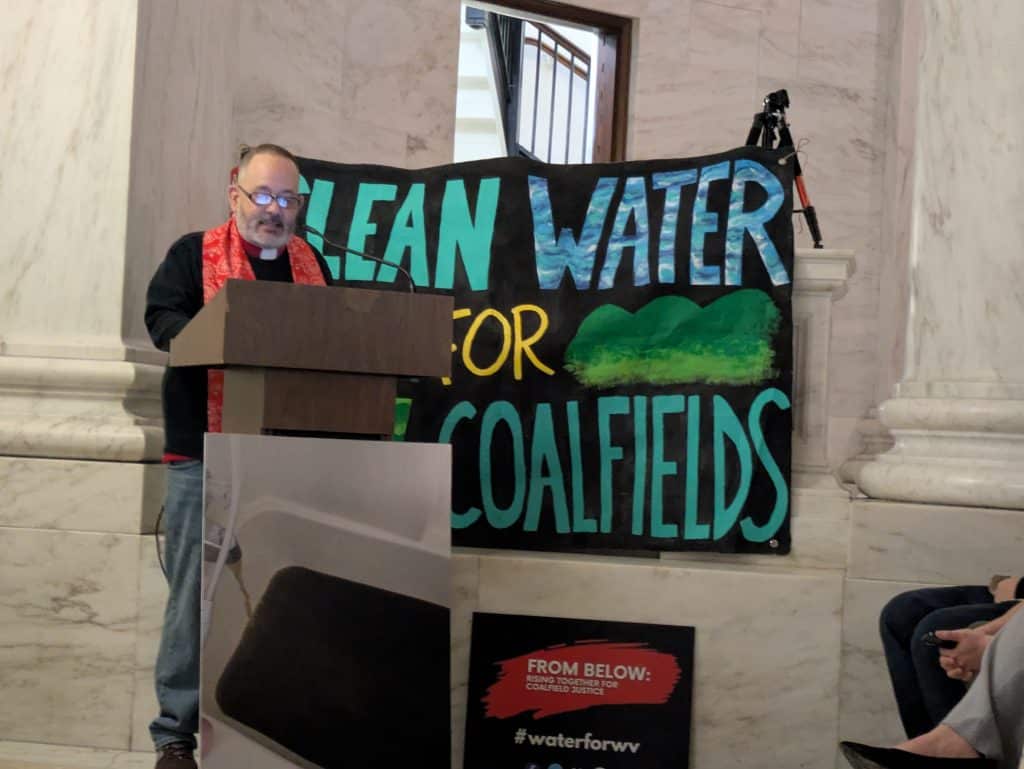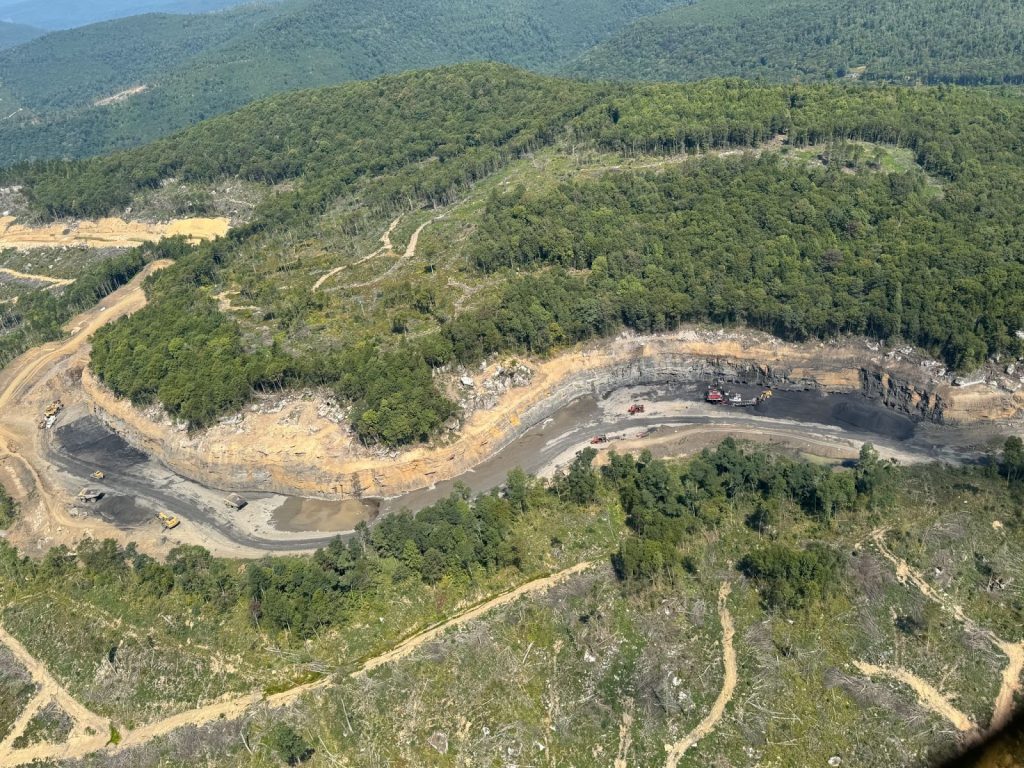Organizational Roundup
Coal Ash Debate Spills Into Transportation Bill
Appalachian Voices’ Red, White and Water campaign is working to oppose an amendment on the federal Transportation Bill that would essentially halt the U.S. Environmental Protection Agency’s rule-making process on toxic coal ash storage and disposal.
The bill passed the House in April, and is now undergoing review by a House and Senate Committee.
The provision was introduced by Rep. David McKinley from West Virginia and is identical to another bill he introducted which was passed by the House last fall. McKinley’s district is home to the Little Blue Run coal ash pond, the largest in the country, spanning two states and covering approximately 1000 acres. Residents of neighboring Chester, W. Va., have complained
of gushing leaks from the side of the pond.
Seventy-nine House members, including several Appalachian lawmakers, signed onto a letter to committee co-chair Senator Barbara Boxer, asking that McKinley’s provision be kept in the final version of the bill.
A Prize Possum
Thanks to the big hearts of some North Carolina musicians, Appalachian Voices is making new friends in the gently rolling hills of the Piedmont. Molly McGinn, the sultry-voiced singer from the Greensboro, N.C., collaborative country-alt band Wurlitzer Prize, and David Brewer, the massively talented musician often fronting Americana rock and roll favorites Possum Jenkins, hosted a fantastic evening of music with their bands as a benefit for Appalachian Voices. At the end of the show, the musicians donated a hefty portion of the proceeds to our work to end mountaintop removal coal mining. A hearty thank you to both of these amazing groups — please be sure to check them out! Visit: possumjenkinsband.com and wurlitzerprize.wordpress.com
Reaching the World, One Google Earth Layer At a Time
Appalachian Voices was recently featured by Google Earth Outreach in a case study detailing the organization’s use of advanced Google mapping tools to make a difference for the planet. The case study focused on the Appalachian Google Earth layer that provides a high-resolution tour of a mountaintop removal mine site, before-and-after overlays for hundreds of mountains destroyed by mountaintop removal, and video and photo accompaniments. The layer was built using Maps, API, KML and a MYSQL database. The case study also highlights our My Connection tool, which allows residents to use their zip code to explore their personal connection to mountaintop removal mining, and the new Human Cost of Coal page, built in conjunction with The Alliance for Appalachia and launched on iLoveMountains.org in February.
To date, millions of people have viewed mountaintop removal through the Google Earth layer, and thousands more have accessed the My Connection and Human Cost tools.
Visit google.com/earth/outreach/stories/ to read the case study and learn about other Google Earth success stories.
Making Sure Dominion Doesn’t Dominate Our Energy Future
While the Southern Environmental Law Center represented us in front of the Virginia State Corporation Commission (SCC) during a hearing over how Dominion Virginia Power will meet electricity demand for the next 15 years, Appalachian Voices teamed up with the Sierra Club, Chesapeake Climate Action Network and about 50 passionate Virginians outside the building to rally for clean energy. Some attendees wore air breathing masks and black shirts on one side, representing Dominion’s current dirty plan, while others wore blue shirts and carried windmills to represent the cleaner alternative.
Dominion, one of the nation’s largest utilities, has made no plans for significant investments in renewable energy and instead plans to meet demand through large investments in natural gas plants.
Attendees cited a study that shows that over 10,000 jobs could be created if Virginia took clean energy seriously. Professionals from the medical community and owners of businesses from the solar, wind and energy efficiency industries spoke to the SCC at the rally about the consequences of continuing to depend on fossil fuel power. Virginia State Delegate Morrissey offered the commission a letter signed by 13 other state representatives urging them to reject Dominion’s plan outright. The SCC judges may take a month or so to deliberate.
For more on our Virginia coalition work, visit WiseEnergyforVirginia.org.
Related Articles
Latest News

Leave a comment
Your email address will not be published. Required fields are marked *





Leave a Comment